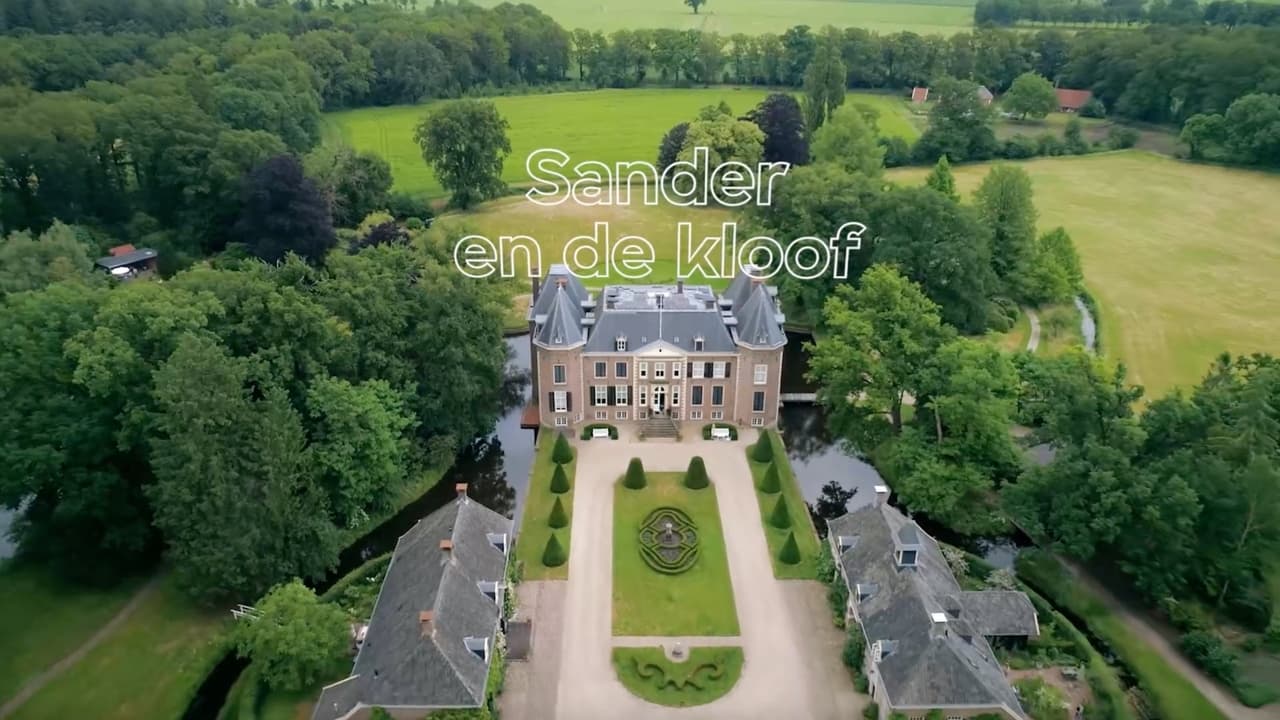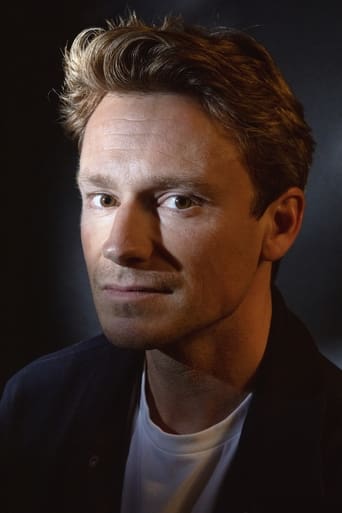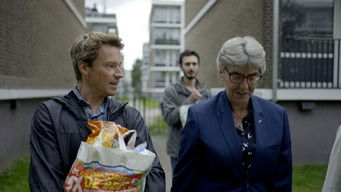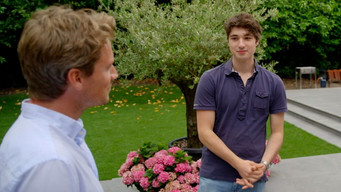Sander en de kloof Season 1

How is it possible that in the Netherlands the gap between rich and poor still exists and is even widening? In the six-part VPRO series Sander en de gorge, Sander Schimmelpenninck has a mission: to expose wealth and opportunity inequality in our country.
Watch NowWith 30 Day Free Trial!
Sander en de kloof
2022
How is it possible that in the Netherlands the gap between rich and poor still exists and is even widening? In the six-part VPRO series Sander en de gorge, Sander Schimmelpenninck has a mission: to expose wealth and opportunity inequality in our country.
Watch Trailer
With 30 Day Free Trial!
Sander en de kloof Season 1 Full Episode Guide
As the gap between rich and poor is widening, there is a need for wealthy people who are committed to society. But where are they? Sander wonders why there is so much 'wealth shame' while responsibility can also be taken for the ever-growing inequality. How can we set up this system in such a way that it becomes fair for everyone?
There is also a gap in health care. The rich seem to have better access to care and live on average seven years older than the less fortunate. How do we ensure that everyone continues to have a chance at a healthy life?
It's getting harder and harder to turn a dime into a quarter. Just having talent and intelligence is not enough; it is mainly a question of whether you get the chance to use those two. Now that work pays less and less, Sander wonders whether the rich really did it themselves. Or have they mainly been able to use the system in a smart way?
Children of parents with a low income already start at primary school with a disadvantage. A disadvantage that cannot be made up for during their school career. Meanwhile, wealthy parents send their children to expensive private and boarding schools, which have an exceptional education curriculum. Can the wealthy ensure the success of their children in this way?
In recent years, people with wealth have moved en masse into 'the buildings' and, thanks to the tax-friendly treatment of the return, they have been able to grow their wealth. In addition, children of wealthy parents are given the lead by means of a 'jubelton', while more and more starters and tenants are no longer able to find an affordable home without financial help. How do we close this housing gap?
By far the largest part of private wealth consists of money that has not been worked for, but has been obtained by means of inheritances or gifts. Sander Schimmelpenninck wonders how fair 'equal opportunities' are, when some of the people get a head start from their parents. And he examines his own position: how important is the place where your cradle is?
Free Trial Channels
Seasons
































